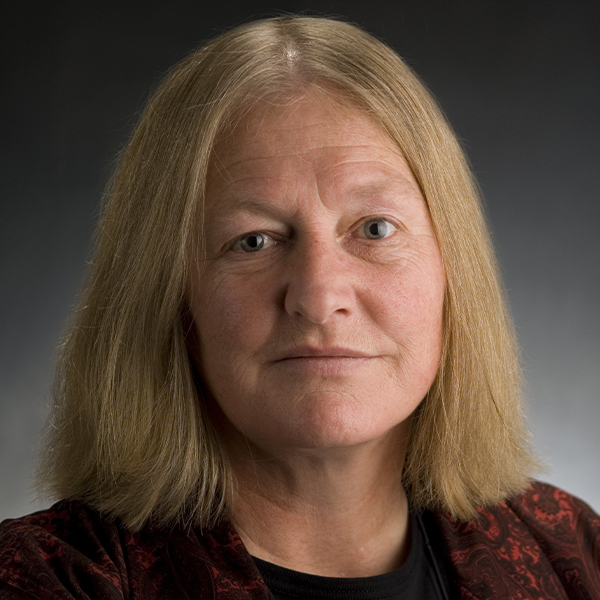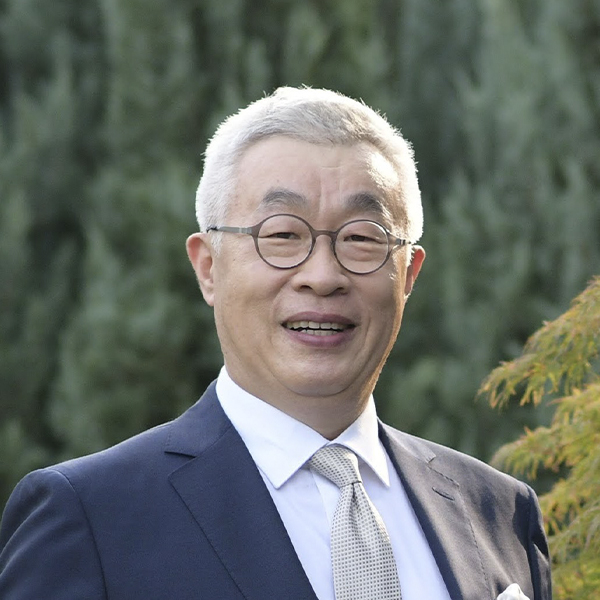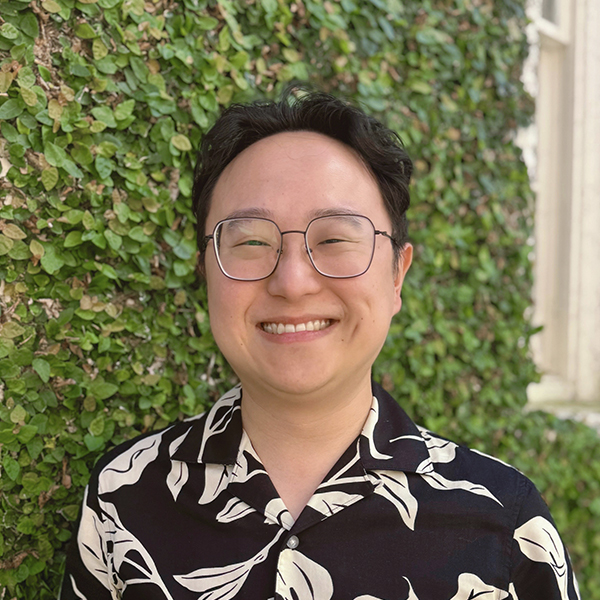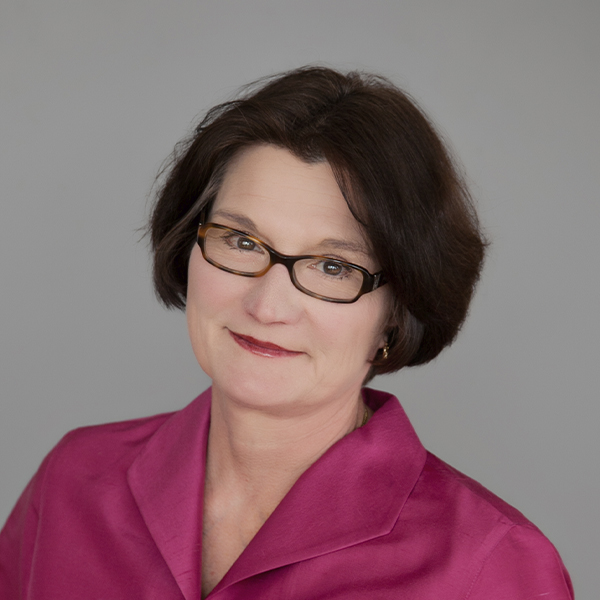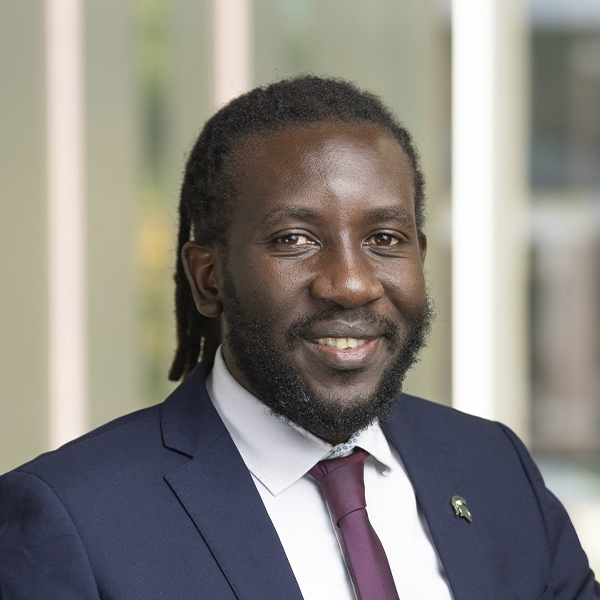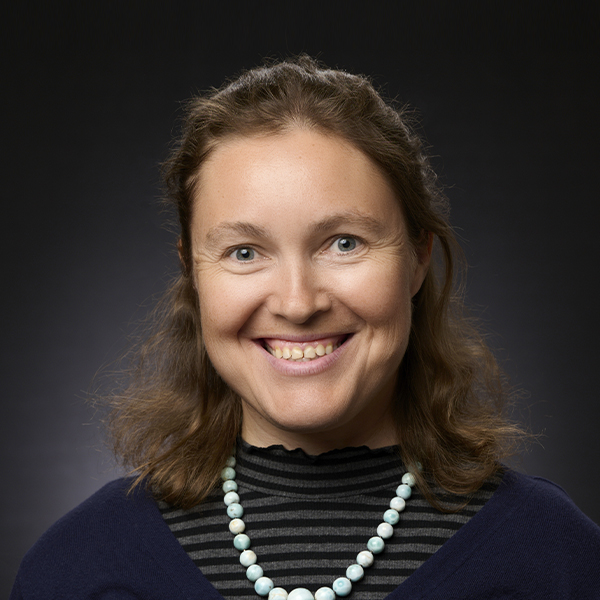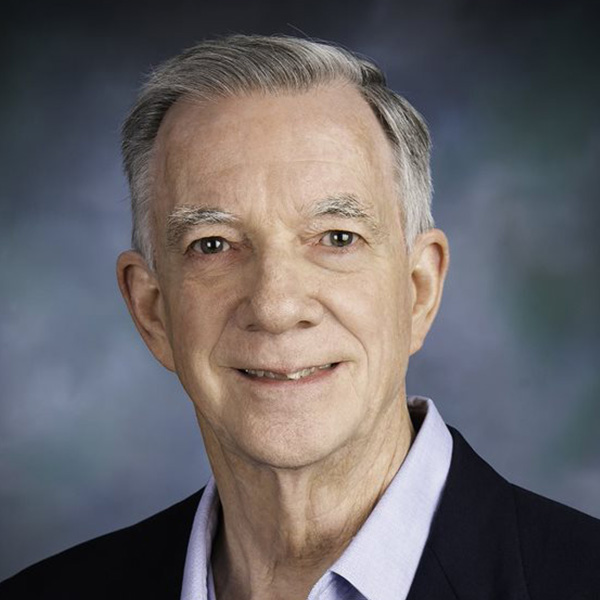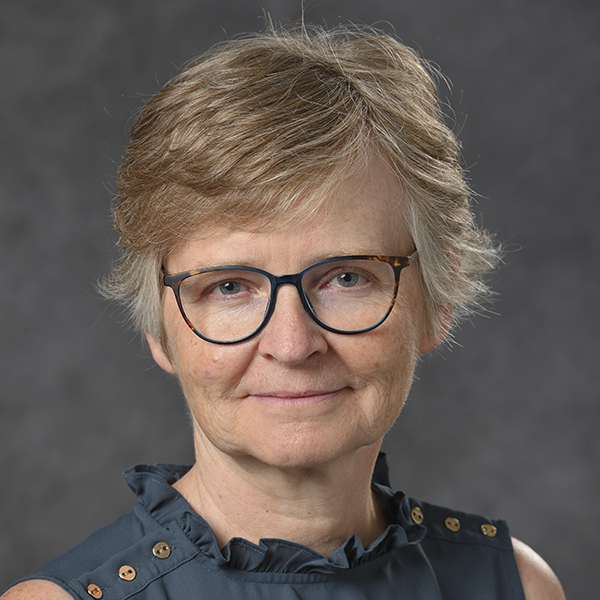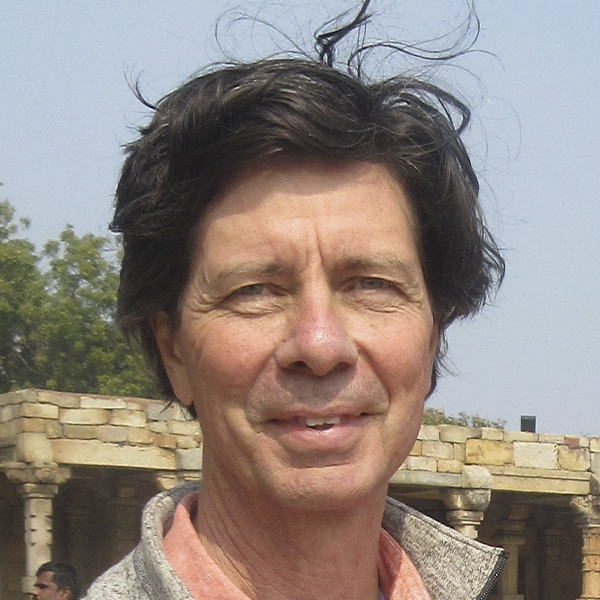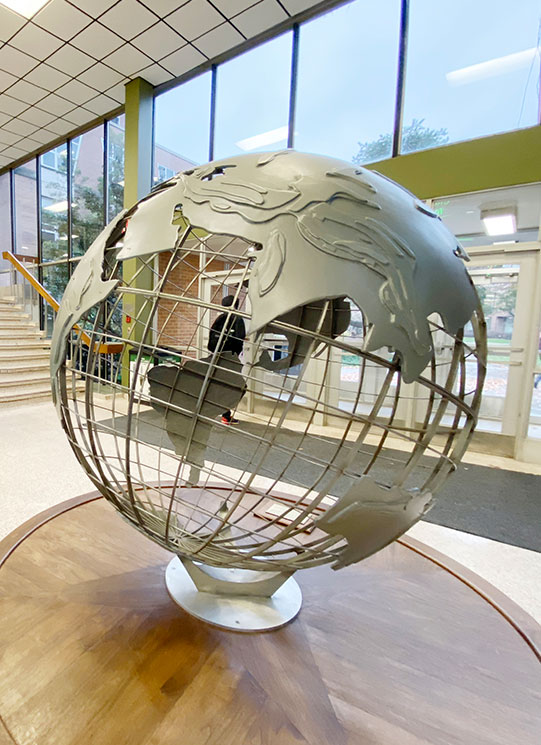2021 MSU International Awards: Sung Lee Glen L. Taggart Award for Community Contributions to International Understanding
Sung Lee
Commissioner, Lansing Sister Cities Commission
President, East Lansing Rotary Club
Sung Lee moved to the United States 47 years ago from Korea, raising his family in East Lansing and Okemos. Since that time, he has worked diligently to promote the importance of international fellowship at all levels of communities and societies. Using his own experiences of isolation, fear and misunderstanding, Lee has dedicated his life to advocating for international understanding, making him a model recipient of the Glen Taggart Award for Community Contribution to International Understanding. 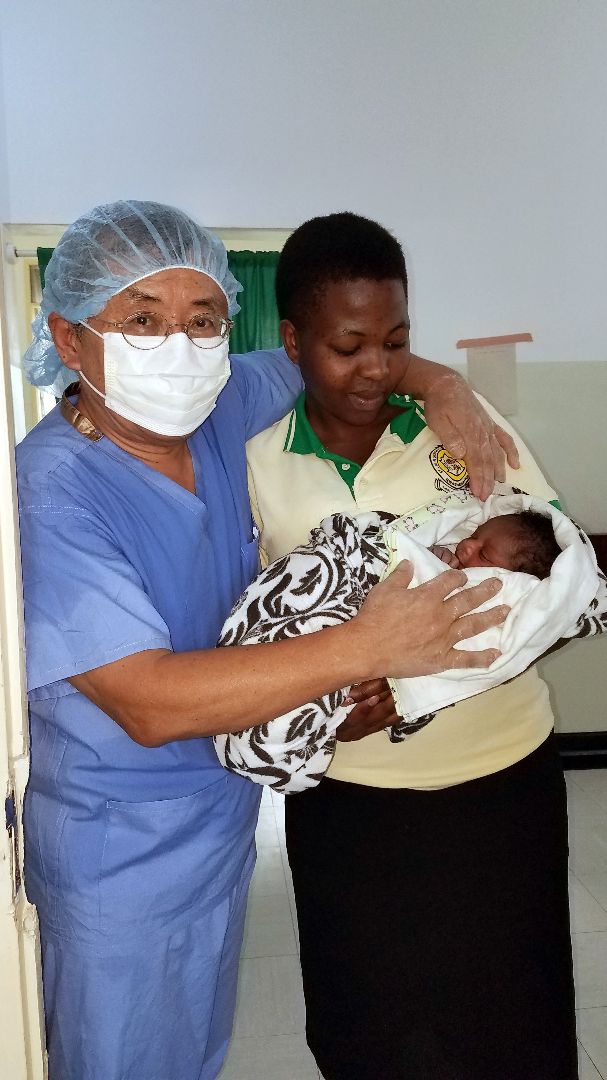
As a commissioner on the Lansing Regional Sister Cities Commission, Lee led the effort to establish a sister city with Asan, Republic of Korea, encouraging official visits between officials in Greater Lansing and Asan with an emphasis on exchange of education, government and business, and a passion for global youth development and connection. As president of the East Lansing Rotary Club for 2020-21, Lee is proud to be one of many Rotary Clubs involved in the global polio eradication project and the East Lansing Club’s contributions to the Guatemala smokeless stove project and Northern Ghana community development project.
As an OB/GYN doctor, Lee worked at Sparrow Hospital and delivered more than 5,000 babies in the area. He’s also served as a volunteer physician in such organizations as Cristo Rey, Care Free Clinic and Jimho Drop in Center. Lee has been involved in advising several MSU programs, including the Visiting International Professional Program, the Council on Korean Studies, Humphrey Fellowship Program, ISP Friendship Program and hosting international students over holidays. He received a master’s in epidemiology from the MSU College of Human Medicine in 2001.
—An interview with Sung Lee—
What do you hope is the result of Lansing and Asan’s sister city relationship, and what does our community stand to learn from it?
I hope that people have fun getting to know international visitors and citizens and increase their global understanding. You can’t do this by reading a book—it all starts from meeting someone in person and exchanging ideas together. When we talk with people from other countries and continents, we become friends. And when we become friends, we talk, we build bridges. If we continue to make an effort like that, then our community will be better. We’ll create these nice places to live where people are global citizens. Especially with the students, starting with the younger generation because we have the chance to help maybe change their minds.
How does increasing cultural awareness in youth change lives? How about the world?
I think the lasting effect is making peace in the world. We fight because we don't know each other. But as we continue with internationalization of our communities and understanding across cultures, we’re making relationships. We see an intimate exchange of ideas in places like the Lansing Regional Sister Cities Commission and East Lansing Rotary Club, where we’re helping each other. This will result in lasting, positive changes, not just during the time of contact, but it will continue and help the health of communities and global societies. Increasing cultural awareness helps us learn that difference is not a threat. Bringing all these different components of people to a community makes our society stronger. I’ve experienced this first-hand coming from Korea, where we bring the value of respecting our elders, for example. Or people from Ghana, where they value taking care of nature. Learning about and combining all these values makes us better and our communities better.
What motivates your contributions in international understanding?
I came to the United States from Korea 47 years ago, 46 of those years in Greater Lansing. As a foreign doctor, whether working in the hospital or in private practice, it took a long time for people to become familiar with me and my way of thinking. This resulted in a lot of misunderstandings and I was often fearful and isolated. But it all comes back to the idea of international understanding. Being here for so many years, it’s gotten better, but I decided I wanted to help it move faster. That’s why I joined the Lansing Sister Cities Regional Commission, and it’s where I realized there is an effort in the community to merge all of the different things we offer society. It’s also why I am encouraged to see groups being started to address our barriers and help people start talking to each other. I think this is one of the best communities in the country: we help international citizens and refugees because we know it’s important. The conversations I’ve had over the last 50 years have opened my mind and my soul. Conversation opens all the possibilities.
How, if at all, has your philosophy or practice of globally minded service changed in the last year?
In the organizations I’m involved with, we’ve had to ask our communities what we can help with. The business community has been hit hard, so we are working to help bring their customers back in places like downtown East Lansing and increase the commercial activity. We’ve of course done a lot of virtual meetings and have gotten creative in our old way of doing things to make sure we’re making a difference. The biggest thing is just to ask how we can help. I am hoping, too, that as a society we’ll have learned something about being open-minded and tolerant of one another, that gaps will be easier to bridge because we have a mutual understanding. I just hope we can all become friends.
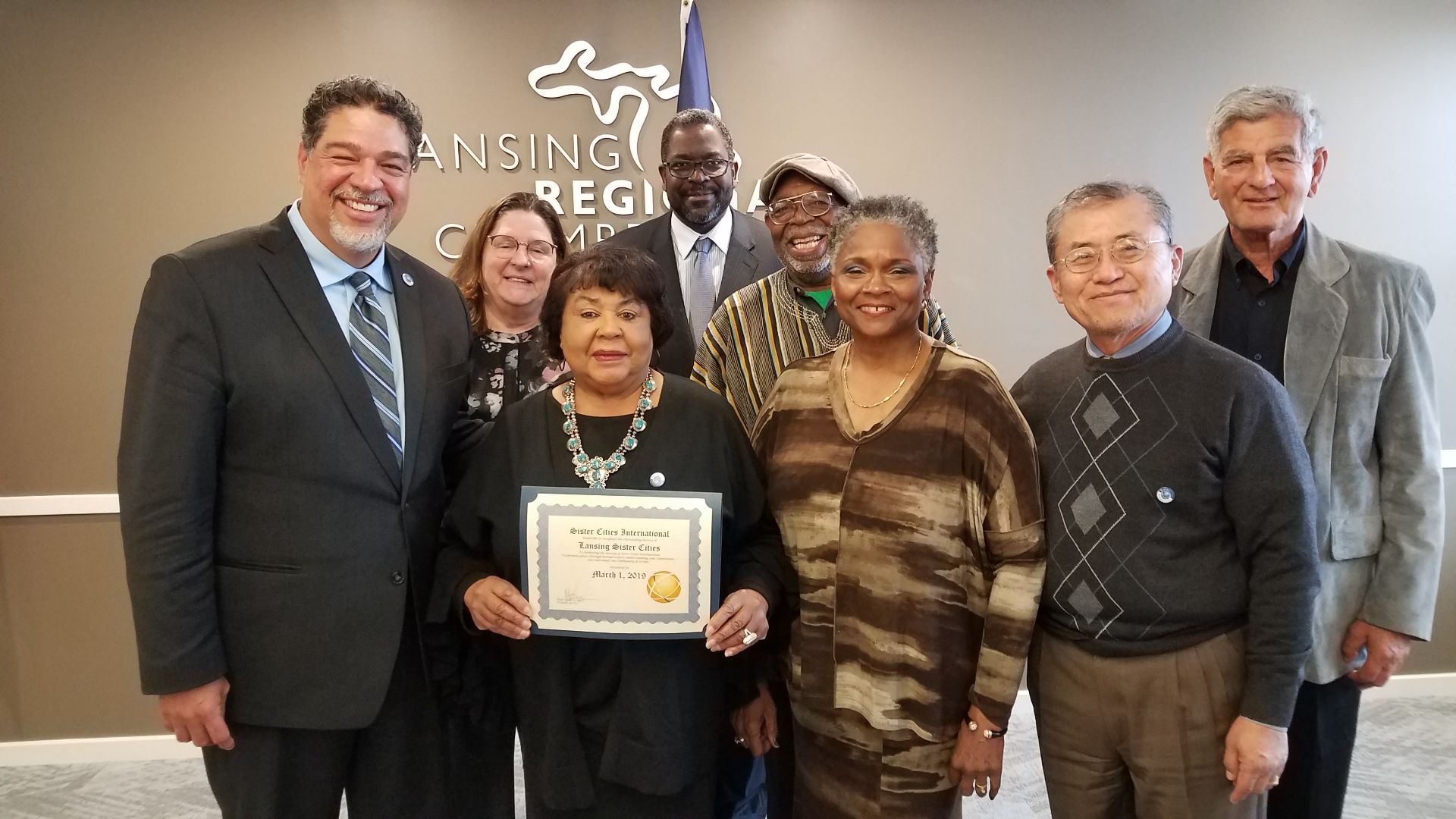
How would you encourage others to further their international understanding?
Get involved! Join in on group meetings and participate in international events. Whether with the Lansing Regional Sister Cities Commission, East Lansing Rotary Club, Kiwanis, or the Greater Lansing Food Bank—there are so many ways to get involved! Another way is to talk to the international students you know. When the time is right, invite them over for a holiday dinner. Help them get to know all the beautiful things Michigan has to offer. Help them see what an American family is all about. Breaking the barriers we set up helps us all. And you’ll make some friends, too. When you experience all of this, it’s the essence of understanding and love. I know it’s helped me to be a better person—my capacity to understand and love other people came from my experience in showing them the value I bring and getting that in return.
The Glen Taggart Award for Community Contribution to International Understanding is given to one or more citizens of the State of Michigan (other than Michigan State University staff and international alumni) who have made a distinct and sustained contribution to international understanding in their respective communities or in the state at large.
The aim of the award is to extend public recognition to people not affiliated with MSU who give their time, energy, and imagination to the work of promoting knowledge of and concern for all the peoples of the world.


